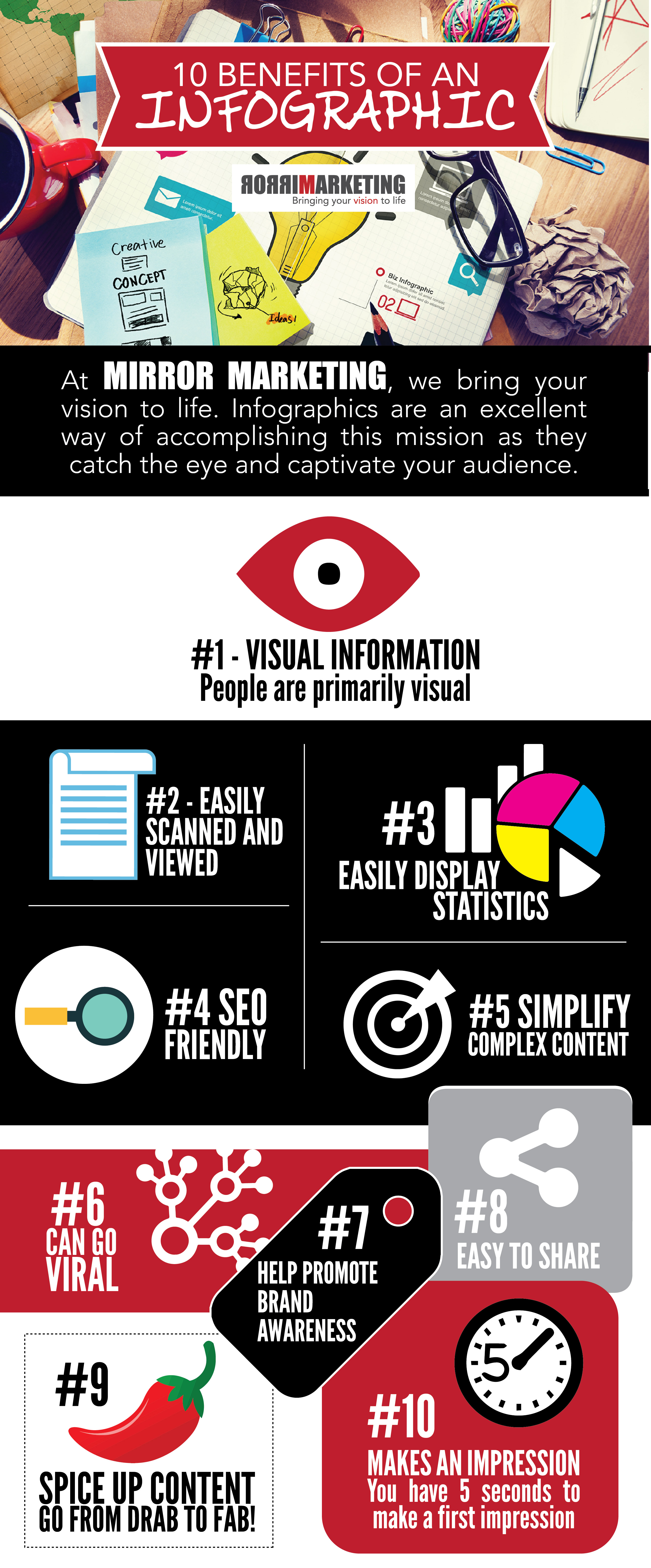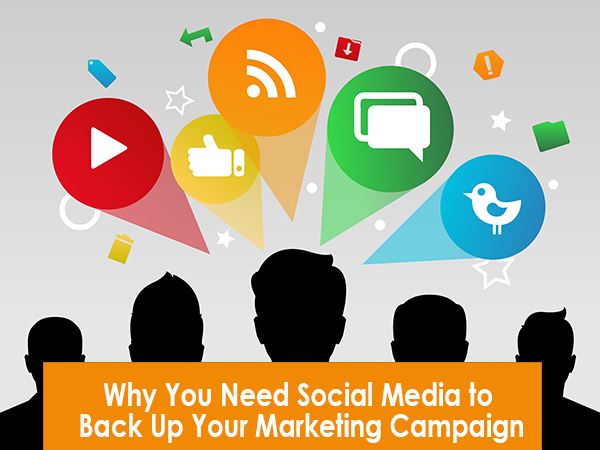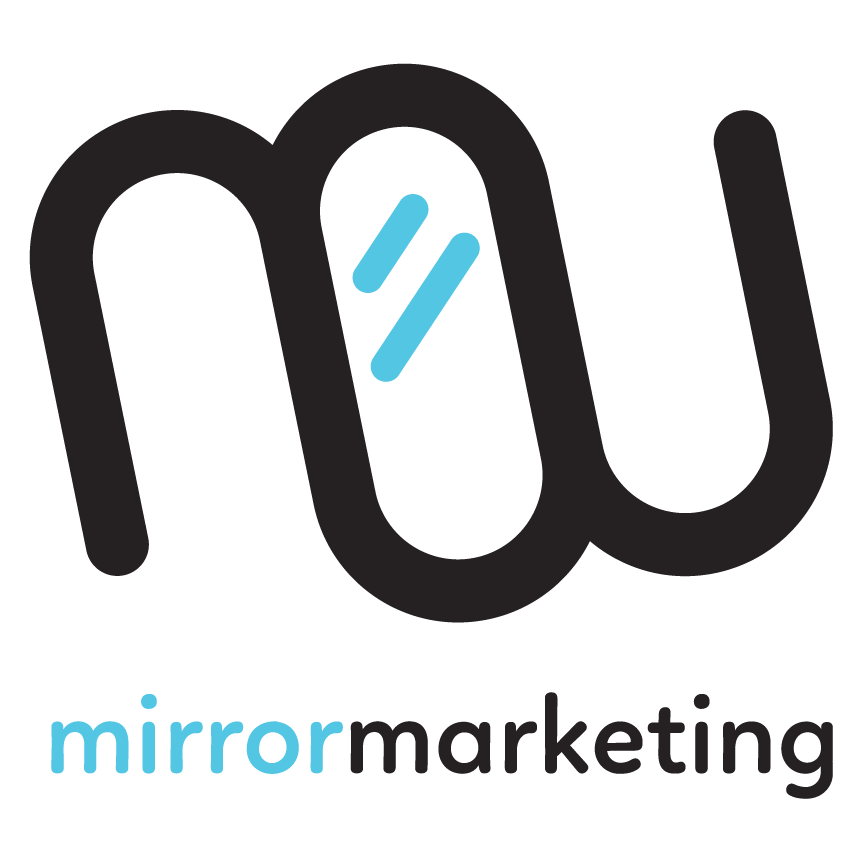
It’s funny how since I started my own company, my entire perspective on boss/employee relations has changed. Traits that used to drive me crazy about former bosses now seem very reasonable and have become part of my everyday management style.
Is this a case of the dog finally smelling it’s own shit? Or did I actually learn something from those bosses?
Here are some things I’ve noticed I’ve started to do as a boss:
- Nitpicking
Is that one pixel off really going to make a difference? Is anyone going to notice? As an employee, I would have said no, but as a boss, HELL YES IT MAKES A DIFFERENCE! FIX THAT PIXEL!
- Mindreading
As an employee, I never understood what my boss expected of me and often felt I wasn’t given enough direction. Today I understand, that what my boss expected was for me to take more initiative. Bosses are looking at the big picture, the reason they hired you is because they trust your capabilities. Prove to them that you are worth it.
- I wanted this done yesterday
As an employee, literally every single project was due yesterday. This used to drive me crazy! Why did my boss give this to me so last minute? Don’t they realize I have a lot on my plate? As a boss, I now know that I was just given this project last minute as well. I’m just as annoyed/stressed as you are.
- You’re lucky to have me
Employees in all lines of work feel this way. We work hard and want our boss to acknowledge it. Today as a boss, I do try to keep this in mind. It is vitally important and it’s easy to forget your employees when you’re caught up looking at the bigger picture.
- Don’t micromanage my time
I used to sit at my desk, spend hours on Facebook and leave my actual work to the final hour. This was something I hid from my boss (sorry!), but at the end of the day, I did get my work done and did a pretty damn good job. As a boss, it’s so easy to micromanage your employees and how they spend their time. But, what I have realized is that employees are more productive if you give them to freedom to manage their own time while at work. I personally don’t care if my employees play Angry Bird, as long as all deliverables are up to standard and submit on time.
6. Easy for you to say, you don’t make 10$/hr
As an employee, there is the assumption that your boss is bringing home the bacon. As a boss, I now know how untrue this is (albeit it may not be the case for everyone). An employee gets to go home with a regular salary and knows what to expect. As a small business owner, I assume all responsibility for late/unpaid customers invoices, overhead, office expenses, salaries, etc. I try to pay myself as little as possible so that my business can grow.
Employees are quick to point fingers at their boss, but you need to remember this is their company and they have almost everything invested in this, so for them, these things do matter. Instead of complaining when they drive you crazy, remember they’ve trusted you with their baby, and this says a lot about their faith in you. Stay tuned for the next post on emotions in the workplace.

Infographics are becoming increasingly popular. It’s a creative method to get your message across in an engaging way. We came up with 10 benefits to using an Infographic! #infographic
INFOGRAPHIC-ON-INFOGRAPHICS

Scenario: Client comes to me and asks for a design, in this case, a leaflet. They provide me with their outdated very 1990’s looking design (with table borders) and tell me what they want to change, their vision for the future and their target audience. I, being a marketing specialist and a graphic designer, design something that fits their needs and is up to date, while maintaining the integrity of their brand. The client comes back with their primary changes (always expected) and tells me they want to change the look “just a little bit”. Then the client decides they would like to change it even more. And then more. And then some more. And guess what? We’re back to the original look, just slightly nipped and tucked.
This is a situation that those in my role encounter on a daily basis. The client has reached out to us because they want our expertise, however in the end you produce a product that was essentially the work of the client. This places us in an uncomfortable situation, as we feel bad charging (granted, they probably couldn’t have created it without a graphic artist and we did put in the hours), but in the end, we don’t like the finished product. Given that it’s not our style, it’s not something we would feel proud to place in our portfolio – even though we are proud to have helped the client.
So how do you tell the client you don’t’ like their design?
You don’t. The client is the reason you’re in business and if the client is happy – you’re happy. Even if you hate the design, you just need to let it go.

A lot of clients these days opt for a social media campaigns as part of their marketing package. And they should. Social media is a great way to learn about your audience, gain website traffic, target your customers, get your name out there and receive instant feedback. However, a lot of people misunderstand the true value of social media. It is part of your marketing arsenal, but it is also wrong to view it as your primary strategy.
Social media can do a lot for a company. Here are some examples:
If you are participating in a tradeshow, it can help get the word out and target potential customers. No one will show up if they don’t know you are there.
If you have rich media to share (such as a video or image), it can help you reach a broader targeted audience (primarily using social media advertisement tools).
There are also specialized social media for each industry – a more corporate business could benefit from LinkedIn, whereas a news/media company might do better with Twitter. It is important you choose the right platform and know time saving strategies that allow you to post to on multiple platforms at once.
It is important to note that social media acts as a support for other marketing strategies. If a company relies exclusively on their social media campaign, they may be disappointed. Social media does not replace having a brand or having an in house marketing/sales team, rather it complements them. A lot of companies have recently started to reduce their teams because they have social media. This is a mistake. Social media is a wonderful tool and great support, however it doesn’t replace a marketing department.
If you need some help with marketing, as well as social media, check us out at Mirror Marketing.




